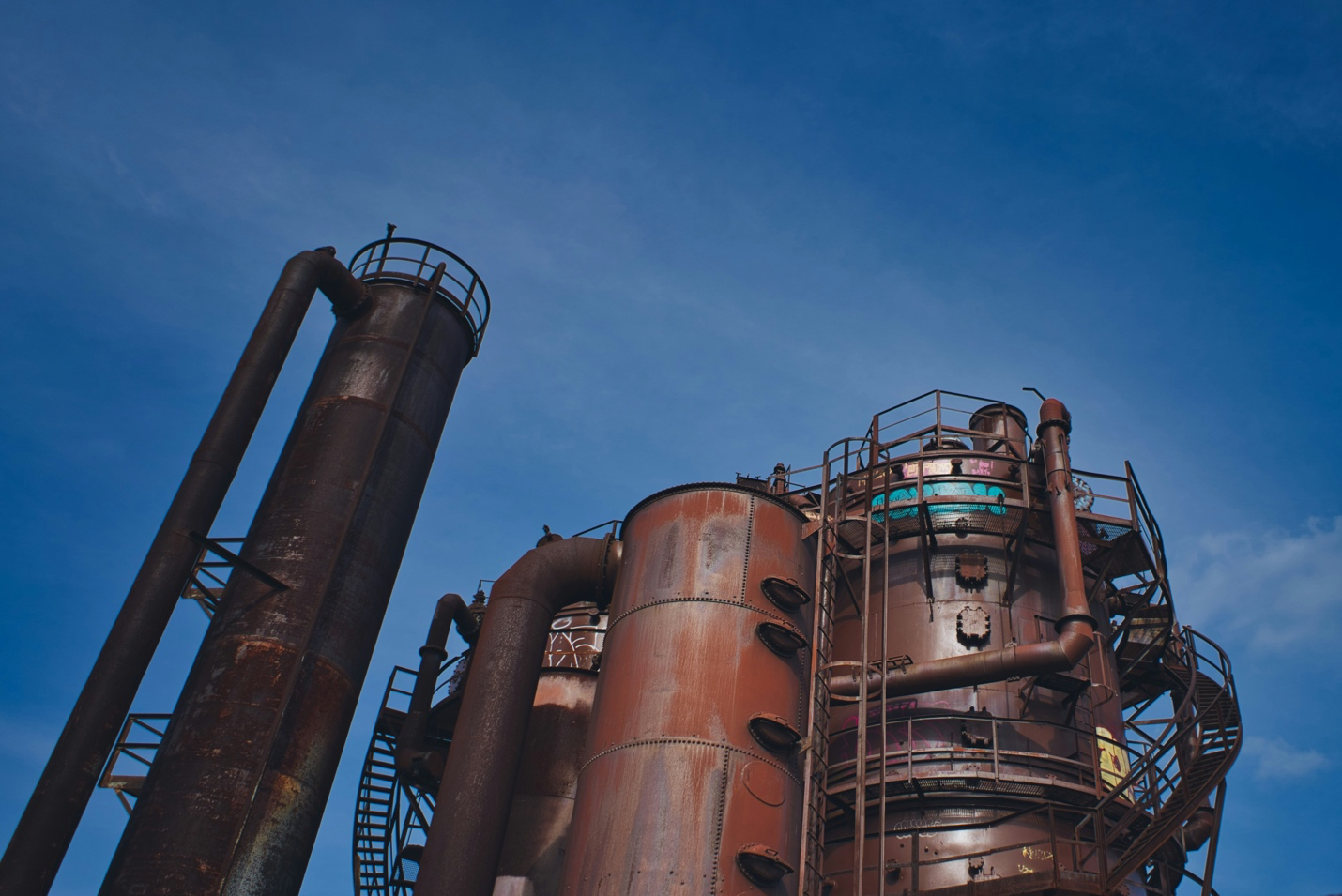When Kelcy Warren co-founded Energy Transfer Partners in 1996, they didn’t have an instant hit on their hands. “We floundered around, just paying salaries,” he says. But, less than 10 years later, he seized on a major opportunity for expansion, when “Enron went belly up.” And, from there, his company’s growth has been almost unprecedented, resulting in a nearly 90-fold increase in annual revenue. Here’s how it happened.
Early Moves
Shortly after Enron’s collapse, Warren oversaw Energy Transfer’s 2002, $265 million, Aquila acquisition, gaining 50% ownership of the company’s Oasis natural gas pipeline system, along with stakes in additional pipelines that provided Warren with natural gas and gas liquids processing assets.
Two years later, Warren oversaw the acquisition of a Barnett Shale “supply-driven” pipeline acquisition, followed by the purchase of a pipeline called “Transwestern, which,” he explains, “moved natural gas to California from the Permian” basin in western Texas.
Many executives would have been content with having built this vastly expanded network of pipelines, but Warren showed no signs of slowing his company’s growth. In 2011, he oversaw the purchase of Southern Union for $7.9 billion, taking ownership of the Trunkline pipeline, which Energy Transfer then retooled from natural gas to oil transport, allowing for its merger with the Dakota Access Pipeline and creating a 750,000 barrels per day transportation capacity.
From there came the purchase of Florida Gas Transmission, the state’s largest natural gas supplier, a move that Warren acknowledges “No one comes near,” in terms of vision and growth opportunities. And, with his pipeline network firmly in place, Warren also made sure to diversify Energy Transfer’s endeavors, ensuring that drops in one sector of the energy industry would not tank the company’s overall profitability.
From Transport to Export: Covering all the Bases
Witnessing market imbalances in many sectors of the energy industry, Kelcy Warren has helped position Energy Transfer as a major exporter of ethane, butane and liquified petroleum gases (LPG.) In fact, he has been so successful that he actually createdthe market for these products in many of the 93 countries Energy Transfer currently serves. To date, Energy Transfer’s export endeavors have been so successful that the company has acquired seven defunct refineries across the United States, repurposing them to facilitate the overseas transfer of LPG and other products.
Furthering its expansion abroad, Warren is also exploring opportunities in promising new locales, noting, “We are pursuing investments in the Middle East and Latin America. The Panama opportunity is fascinating.” Now, while some might fear that global growth would lead to a crisis of over-leveraging, Warren’s leadership style is not for the faint of heart. A firm believer in on-going expansion, he says, “We’ll keep growing until we die.” And, having already grown Energy Transfer’s annual revenue from $1 billion in 2003 to almost $90 billion in2022, that strategy seems to be one that’s worth sticking by. Of course, Warren acknowledges, “We’ve had critics that said otherwise,” but he has remained undeterred because he says, “Nothing ever seemed risky for me. It just seemed right.”
Read more exclusive Energy Transfer news: https://www.hartenergy.com/exclusives/exclusive-its-impossible-kelcy-warren-transitioning-out-energy-207505

